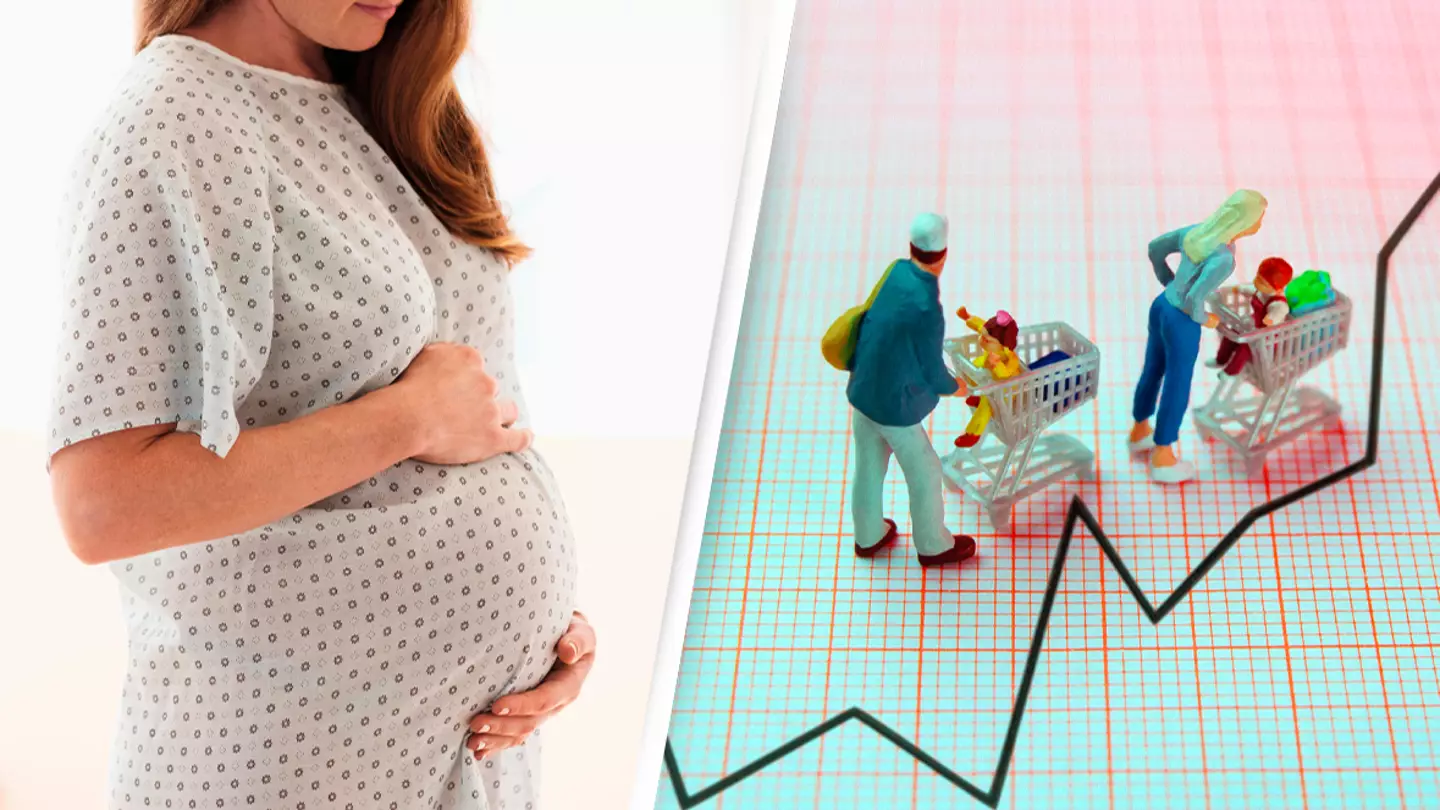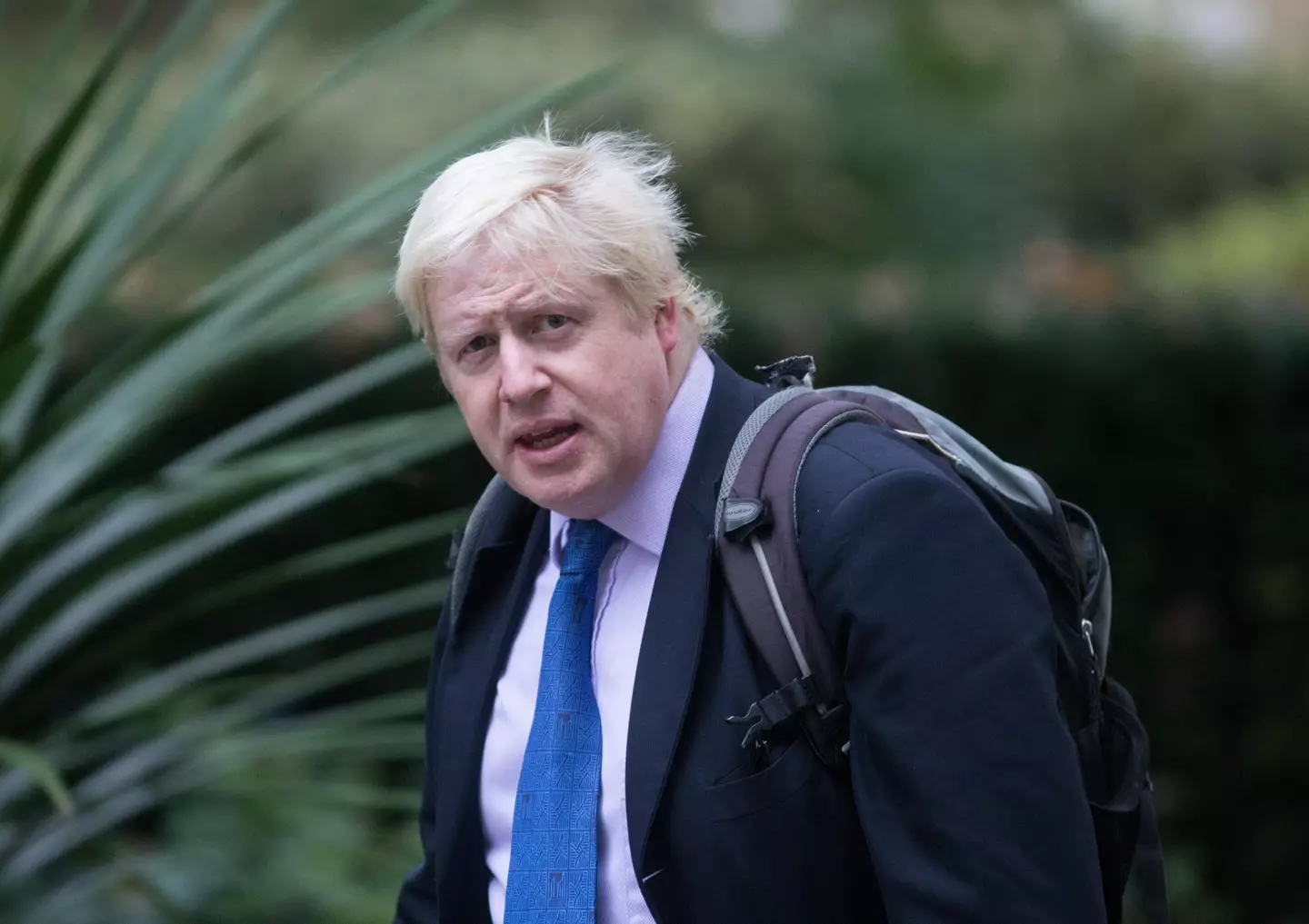
New research has found that the cost of raising a child has risen to an average of more than $300,000 (£255,000).
The cost-of-living crisis is hitting pockets hard, and an estimate supplied to The Wall Street Journal by US-based public policy nonprofit organisation Brookings Institution made for bleak reading for parents.
It found that a married, middle-income couple with two children would spend $310,600 (£264,635) to raise their younger child born in 2015 up to the age of 17. That averages out at $18,271 (£15,556) a year.
Advert
The total cost has gone up by more than $26,000 (£22,000) since Brookings last made the estimation two years ago, which represents an increase of more than nine percent.
The calculation was made based on a range of expenses that have jumped in price, such as housing, food, clothing and child care.

Isabel Sawhill, a senior fellow at Brookings, told The Wall Street Journal: "A lot of people are going to think twice before they have either a first child or a subsequent child because everything is costing more.
Advert
"You also may feel like you have to work more."
This pinch in the pocket is also being firmly felt in the UK, with grim forecasts that inflation could jump above 18 percent in the new year for the first time since 1976, due to skyrocketing energy bills.
The squeeze on gas supplies in Europe has helped fuel rocketing inflation and driven up household bills, with analysts expecting the energy price cap to rise to £3,554 in October, but No 10 insisted that there was no risk to UK energy supplies.
A No 10 spokesperson said: "Households, businesses and industry can be confident they will get the electricity and gas that they need over the winter.
Advert
"That's because we have one of the most reliable and diverse energy systems in the world."
They added that people should not panic or feel they should cut down on energy use.
"These decisions, in terms of energy consumption, remain decisions for individuals," the spokesperson said. "But what I'm saying is that households, businesses and industry can be confident that they will have the electricity and gas that they need."
Boris Johnson is now entering his last weeks as prime minister before handing over to either Rishi Sunak or Liz Truss.
Advert
Downing Street said Johnson would spend this period addressing the cost-of-living crisis and the war in Ukraine, though major policy decisions will be postponed until his successor takes office.

"A large focus this week is on reiterating our support for Ukraine, and that is an unwavering commitment that we have to supporting Ukraine in the face of an illegal war," a No 10 spokesperson said.
"The government is also focused on supporting people with the cost of living and making sure that those who are eligible for the £37 billion of support that's already available through our phased-in plan are availing themselves of it."
Advert
If you have a story you want to tell, send it to UNILAD via [email protected]
